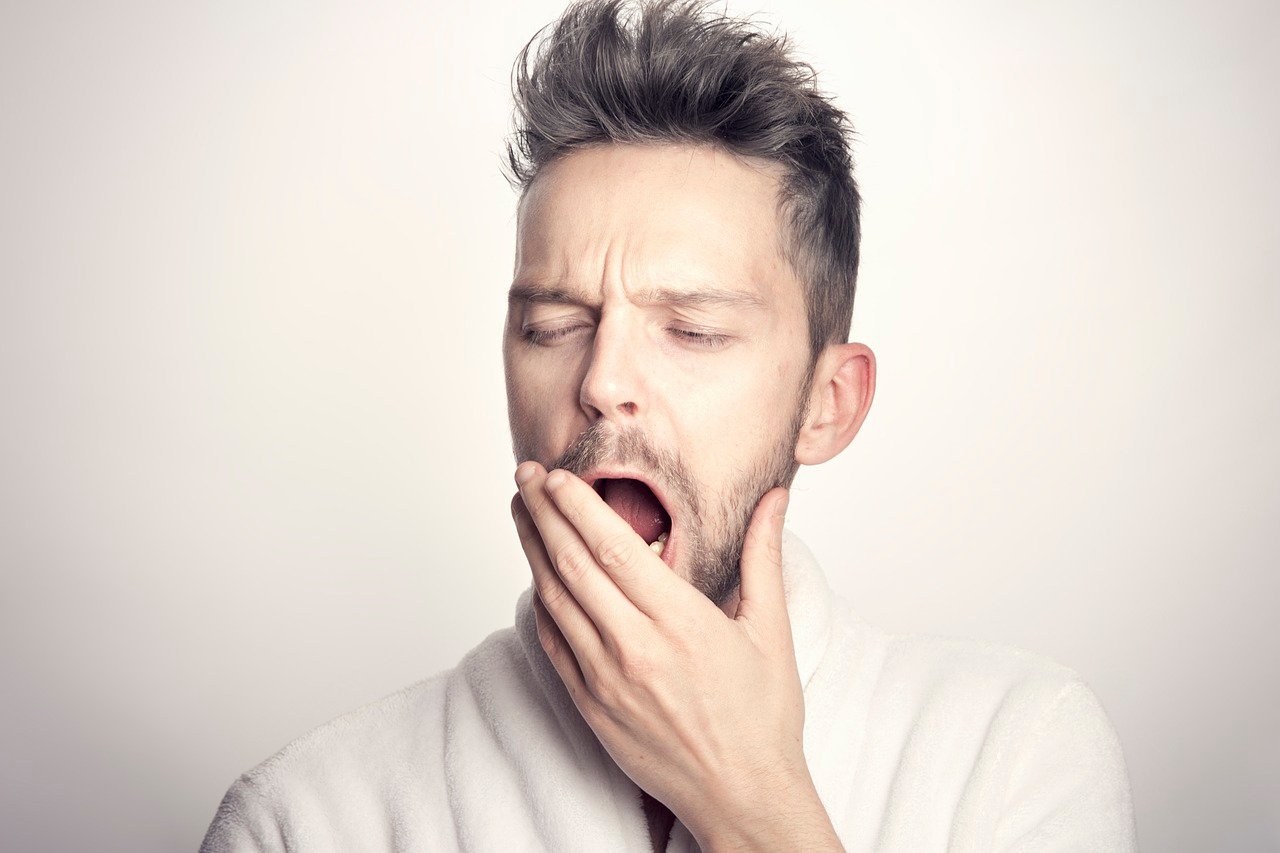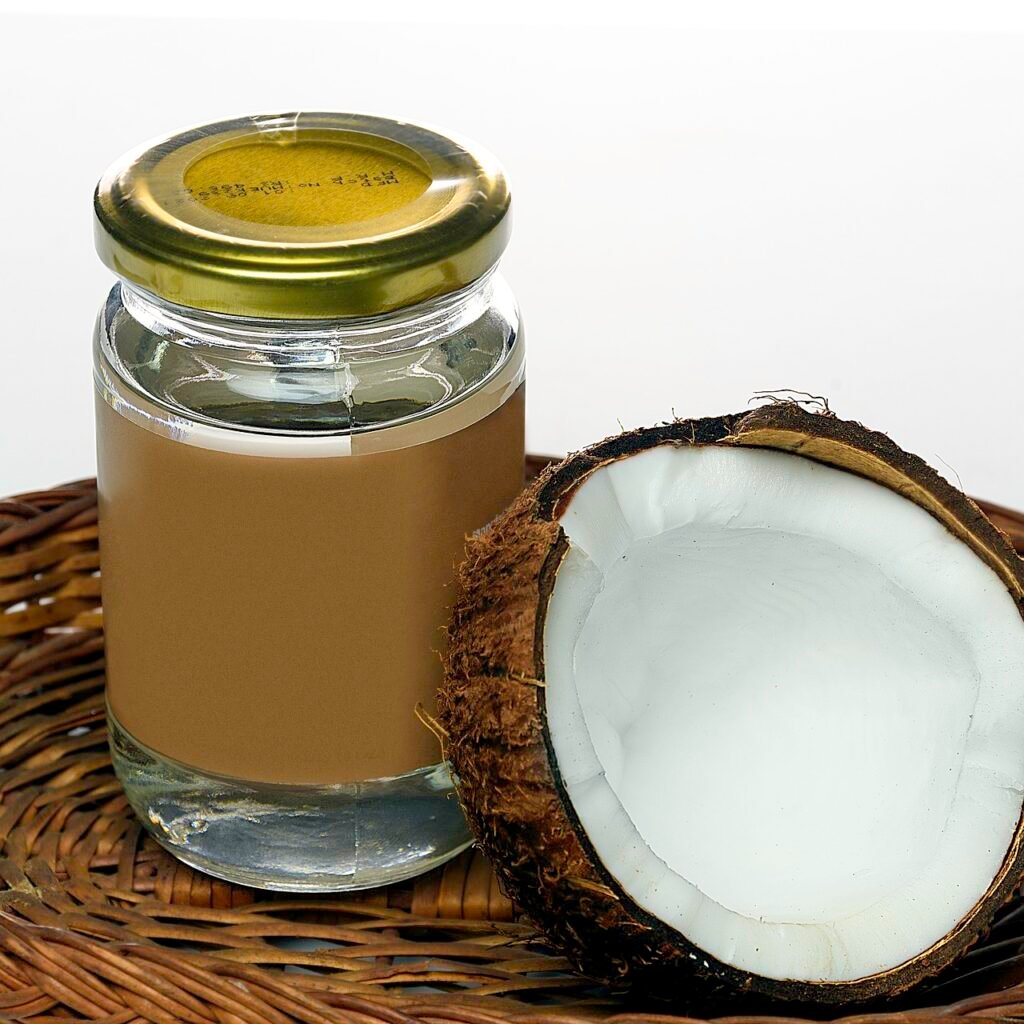In today’s fast-paced world, many of us sacrifice sleep in the pursuit of productivity, entertainment, or simply because stress keeps us awake. While occasional sleep disruptions may seem harmless, chronic sleep disturbances can have profound impacts on your health—particularly on your hormone levels. Testosterone, a vital hormone in both men and women, plays a critical role in maintaining energy, mood, muscle mass, and libido. Recent research suggests that poor sleep can significantly lower testosterone levels, creating a vicious cycle that impacts your overall well-being.
This post explores the relationship between sleep disturbances and testosterone levels, offering insights on how optimizing sleep could improve your hormonal health.
Understanding Testosterone: What It Does and Why It Matters
Testosterone is often associated with male health, but it is crucial for women as well. In men, it is primarily produced in the testes, while women produce it in smaller amounts through the ovaries and adrenal glands. Testosterone is responsible for muscle growth, bone density, fat distribution, red blood cell production, and sexual function.
Low testosterone levels can lead to fatigue, mood swings, decreased libido, and even cognitive decline. Therefore, maintaining optimal levels of this hormone is essential for both physical and mental health.
The Connection Between Sleep and Testosterone Levels
- Sleep and Hormone Production: Testosterone production follows a circadian rhythm, meaning it peaks during the night and early morning hours. Research shows that the majority of testosterone release occurs during REM sleep, the deepest stage of sleep. When you don’t get enough REM sleep, or if your sleep is frequently interrupted, testosterone production can drop significantly.
- Impact of Sleep Deprivation: Studies indicate that even one week of sleep restriction (less than 5 hours per night) can result in a 10-15% reduction in daytime testosterone levels. Chronic sleep deprivation further exacerbates this decline, making it difficult for your body to maintain adequate hormone levels.
- Sleep Apnea and Testosterone: Sleep apnea, a condition characterized by repeated interruptions in breathing during sleep, is particularly detrimental to testosterone production. Men with untreated sleep apnea often have significantly lower testosterone levels and are at higher risk for erectile dysfunction. Treating sleep apnea not only improves sleep quality but can also restore testosterone levels to a healthier range.
- The Feedback Loop: Low testosterone itself can lead to sleep disturbances. Symptoms like night sweats, irritability, and anxiety, often caused by low testosterone, can disrupt sleep patterns, creating a negative feedback loop where poor sleep lowers testosterone, and low testosterone worsens sleep quality.
Improving Sleep to Boost Testosterone
Given the strong connection between sleep and testosterone, improving your sleep habits could be a key strategy to enhance your hormonal health. Here are a few tips to get started:
- Prioritize Sleep: Aim for 7-9 hours of quality sleep each night. Establish a consistent sleep schedule, even on weekends.
- Optimize Your Sleep Environment: Ensure your bedroom is cool, dark, and quiet. Invest in a comfortable mattress and pillow that support good posture.
- Reduce Stress: Chronic stress elevates cortisol, a hormone that interferes with testosterone production. Practice relaxation techniques like meditation, deep breathing, or yoga to manage stress.
- Limit Screen Time: Blue light from screens can disrupt your circadian rhythm. Try to avoid electronic devices at least an hour before bed.
Conclusion
The relationship between sleep disturbances and testosterone levels is clear: poor sleep can lead to a significant decline in testosterone, affecting everything from your energy levels to your overall quality of life. By prioritizing good sleep hygiene, managing stress, and addressing sleep disorders like apnea, you can protect your testosterone levels and ensure your body functions at its best. Remember, sleep isn’t just about rest—it’s a crucial element of your hormonal health.
Disclaimer: The information provided on this blog is for general informational purposes only and is not intended as medical advice. Always consult with a qualified healthcare professional before making any decisions regarding your health or starting any new treatments. The content here should not be used to diagnose, treat, or prevent any medical condition. Additionally, please note that this blog is reader-supported. If you click on an affiliate link or advertisement and make a purchase, we may receive a commission at no extra cost to you. This helps us maintain the site and continue providing valuable content.




